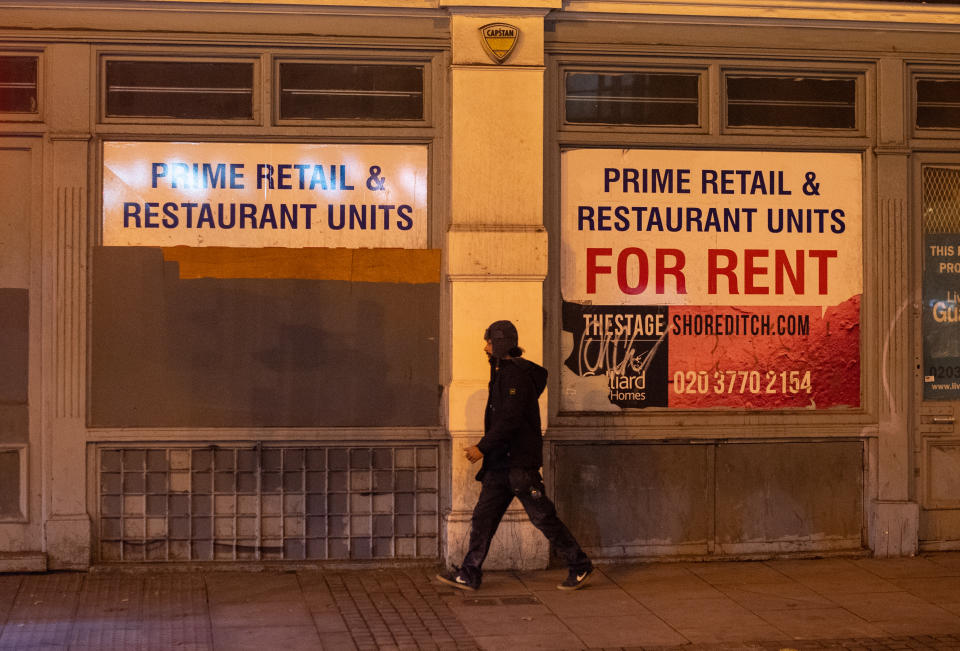Pub chain Mitchells & Butlers to close 20 sites

Mitchells & Butlers (MAB.L) is planning to close up to 20 of its pubs and restaurants in the UK, putting scores of jobs at risk, it has been reported.
The FTSE 250 bar and restaurant owner, which owns Harvester, Toby Carvery, O’Neill’s and All Bar One, is working with advisors CBRE to offload a number of leasehold sites that will face permanent closure if buyers cannot be found, the Telegraph reported.
Mitchells & Butlers, which has around 1,700 locations across the country and is headquartered in Birmingham, did not reveal how many of its 44,000 staff would be affected by the move, the newspaper said.
The company previously announced that sales had fallen 35% since the start of the year to 19 September, while like-for-like sales dipped by 6% in the first three weeks of September.
In a pre-close trading update in September it said that while the government funded Eat Out to Help Out scheme plus a temporary reduction in the rate of VAT helped to return like-for-like sales growth of 1.4%, the whole year was significantly hit by the prolonged lockdown period.
At the time it said its outlook remained "challenging and uncertain" in the face of new curbs for British pubs and restaurants to tackle a surge in COVID-19 cases.
The London-listed company reopened the majority of its estate after the first lockdown restrictions ended. However, the move comes just weeks after it launched a round of redundancy consultations.
READ MORE: Pubs and city centre firms warn new coronavirus rules could be a 'fatal blow'
Other hospitality rivals such as Greene King and JD Wetherspoon (JDW.L) have already announced sweeping job cuts as a result of the coronavirus impact.
Last week, Wetherspoons boss Tim Martin hit out at the government yet again for changing national and local lockdown regulations, likening virus-induced restrictions to those enforced during the First World War.
The outspoken founder and chairman of the pub chain said the measures were “baffling and confusing,” as the company revealed that England’s second lockdown will cost it around £14m ($18m).
“For any pub or restaurant company trading in different parts of the UK, and for customers generally, the constantly changing national and local regulations, combined with geographical areas moving from one tier to another in the different jurisdictions, are baffling and confusing,” he said. “The entire regulatory situation is a complete muddle.”
The British pub industry has been suffering since the initial outbreak of coronavirus in March this year. The sector was also hit further recently as the UK government implemented a 10pm curfew for pubs, bars and restaurants before the nationwide second lockdown.
Yahoo Finance approached Mitchells & Butlers for comment.
Watch: Why can't governments just print more money?

 Yahoo Finance
Yahoo Finance 